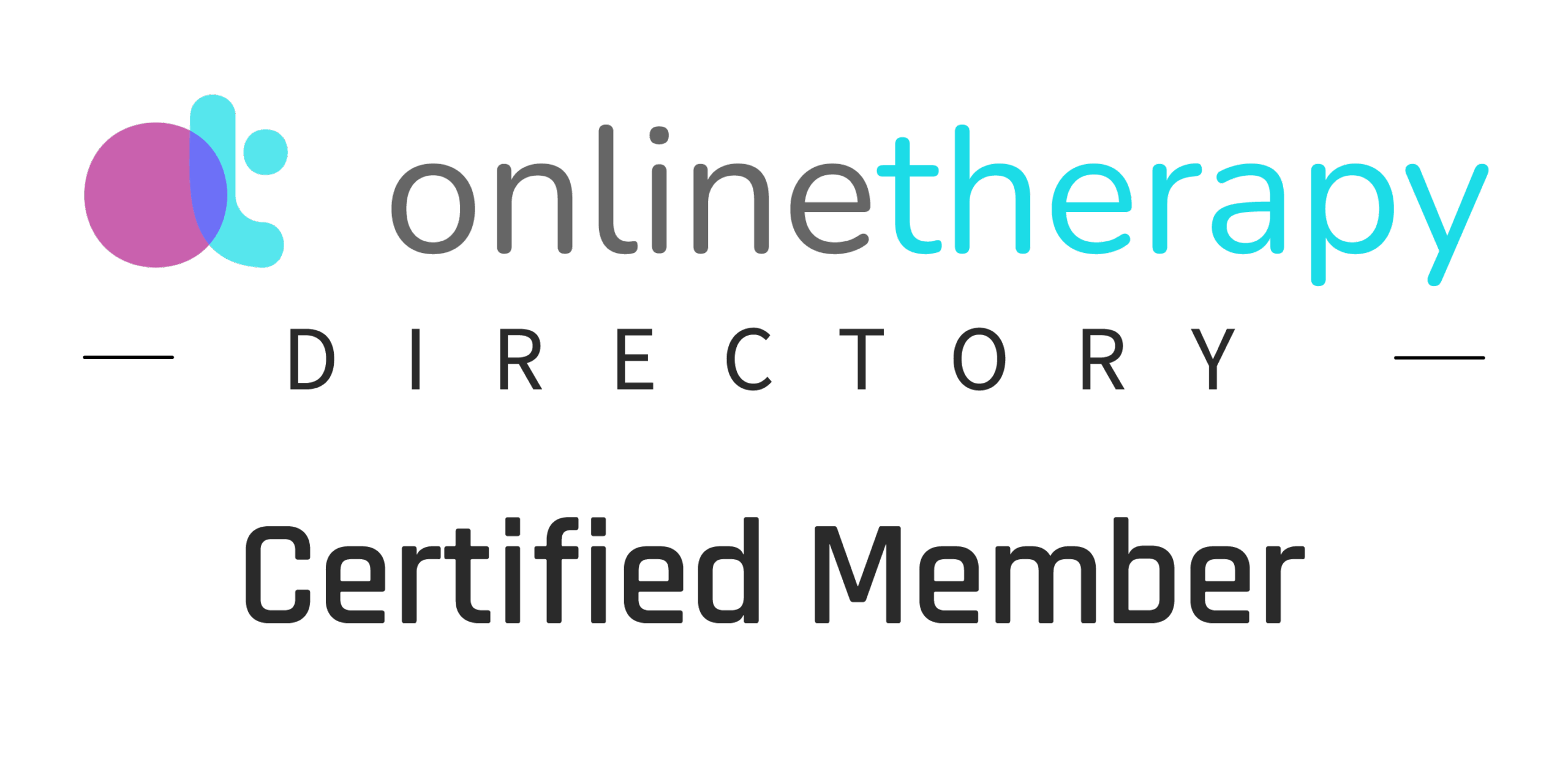I’m Not Ready to Drop My Addictions, But I Want to Improve. Now What?

One of the common themes I see in trauma therapy—both in my professional work and sometimes in personal reflections—is the complex relationship between trauma and addiction. Many of my clients in Westlake Village, Thousand Oaks, Agoura Hills, Calabasas, Oak Park, Ventura, Los Angeles, and across California come to therapy feeling torn: they’re not ready to give up their addictions, but they also deeply want to feel better. If you’ve ever been in this place, know that you are not alone, and that meaningful change is still possible.
What Addiction Really Is
Addiction isn’t just about willpower. It’s about brain chemistry. When we engage in an addictive behavior—whether it’s alcohol, drugs, shopping, caffeine, social media, or even chaotic relationships—the brain releases dopamine, the neurotransmitter associated with pleasure and reward. Over time, repeated exposure can rewire the brain’s reward system, making it harder to feel good without the addictive substance or behavior. This is why addiction can feel so consuming: the brain begins to prioritize the addictive behavior as a primary way of regulating emotions and stress.
When seen through this lens, addiction is not just a “bad habit” but a deeply ingrained brain mechanism and survival strategy. And because of this, recovery is not always a straight line.
Different Paths, Different Journeys
Some people find success with “cold turkey” sobriety—quitting all at once and never looking back. For others, recovery looks more like a winding road, with progress and setbacks, growth and pauses. Your background, your environment, your support system, and even the stage of life you’re in all shape what your journey will look like.
That’s why a trauma-informed care approach is essential. It recognizes that addiction often has roots in unresolved trauma, whether from emotional abuse, narcissistic abuse, or sexual abuse, and that healing is not about punishment or shame, but about understanding and compassion.
Stages of Change: Where Are You?
If you’re not ready to let go of your addictions but you want to improve, it may help to ask: Where am I in the stages of change?
Psychotherapists often describe change as a process that moves through stages:
-
Pre-contemplation: not yet seeing your addiction as a problem.
-
Contemplation: beginning to recognize the issue but not ready to act.
-
Preparation: getting ready to make changes.
-
Action: actively working on change.
-
Maintenance: sustaining the progress you’ve made.
A skilled therapist—whether through individual therapy, relationship therapy, EMDR therapy, or somatic trauma therapy—can help you explore where you fall on this spectrum. Simply identifying where you are can relieve pressure and guide your next steps.
Where Do Addictions Come From?
Often, addictions are learned behaviors. Many people I’ve worked with grew up in homes where substance use or unhealthy coping was normalized. If your parents used alcohol, shopping, or television to numb their feelings, it may have felt natural to do the same. Sometimes, addiction is less about the substance and more about what we’re trying to avoid—painful emotions, stress, anxiety, or loneliness.
It’s also important to remember that addictions are not limited to drugs or alcohol. They can show up in subtler ways: endlessly scrolling social media, binge-watching shows, chasing drama in relationships, or depending on caffeine to push through stress and overwhelm. Addiction is often about patterned coping—not necessarily the specific substance or behavior itself.
Shame and Addiction: Breaking the Cycle
One of the most destructive forces that fuels addiction is shame. Here’s how the cycle often works:
-
You engage in the addictive behavior.
-
You feel guilt and shame afterward.
-
To escape those feelings, you return to the addiction.
The cycle feeds itself. The antidote is compassion. Instead of blaming yourself, approach your addiction as you would a struggling friend: with kindness, patience, and curiosity. Shame shuts down healing, while compassion opens the door to change.
Practical First Steps (Even If You’re Not Ready to Quit)
You may not be ready to give up your addiction entirely, but there are small, meaningful steps you can take now to improve your wellbeing:
-
Slow down. Addictions thrive in impulsivity and chaos. Slowing your pace helps your nervous system regulate and allows your prefrontal cortex—the part of your brain responsible for decision-making—to come back online.
-
Notice your triggers. Do you reach for a drink after stressful workdays? Do you binge-watch when you’re lonely? Awareness is the first step to shifting patterns.
-
Create a self-soothing kit. Replace addictive coping strategies with healthy ones—breathing exercises, mindfulness practices, journaling, or creative outlets.
-
Reduce exposure to triggers. This might mean saying “no” to certain events or setting boundaries with people who encourage unhealthy habits.
-
Practice mindfulness. Learning to sit with uncomfortable feelings instead of running from them helps reduce the need for addictive behaviors over time.
Therapy as a Safe Place to Explore
In my work as a psychotherapist in California, I use approaches like dialectical behavior therapy (DBT), EMDR therapy, somatic trauma therapy, and mindfulness practices to help clients gently explore the roots of their addictions and build healthier coping strategies. Whether in online sessions or in-person sessions in Westlake Village, Thousand Oaks, Agoura Hills, Calabasas, Oak Park, Ventura, or Los Angeles, the focus is never on judgment—it’s on support, safety, and empowerment.
Final Thoughts
You may not feel ready to fully release your addictions, and that’s okay. Healing is not about flipping a switch—it’s about slowing down, getting curious, and finding compassionate ways to care for yourself. Even small steps toward self-awareness and regulation can change the trajectory of your life. And the good news is that you can start exactly where you are.




